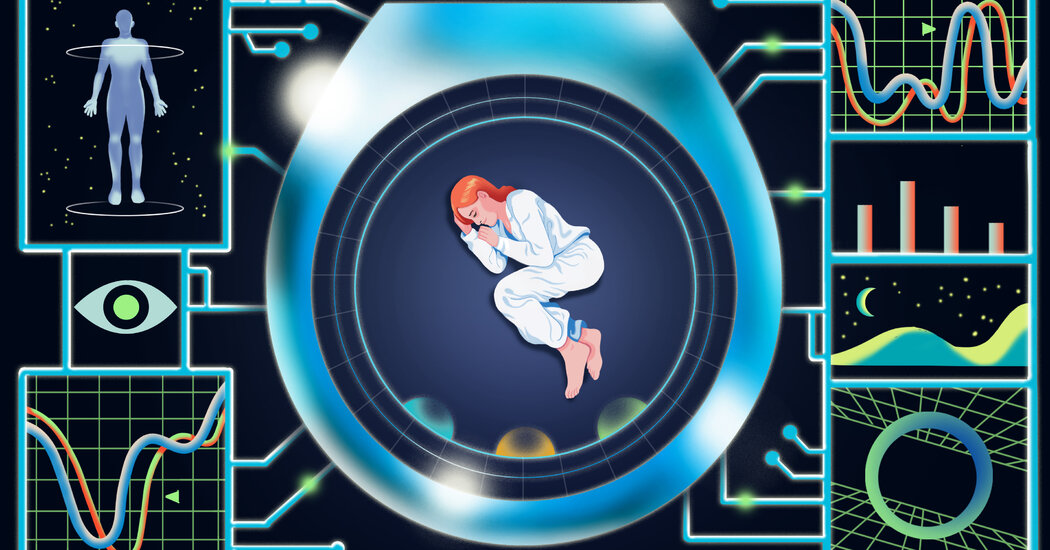
Chris Becherer, Oura Health’s head of product, told me that the company was aware of the problem and researching a fix. He suggested that in the meantime, I could go back and delete workouts to inform the app that I wasn’t walking.
This didn’t work. The app had permanently recorded my movements as walking, and the data could not be purged. I ride motorcycles regularly, including for errands around town, so that meant nearly a week of activity data was ruined. Having to manually edit my data would also have defeated the purpose of an automatic tracker.
For comparison, I also wore an Apple Watch while testing the Oura. Even after my 100-mile trip, the Apple Watch correctly reported that I had walked only about a mile and had not exercised much that day.
Days later, I wore the Oura again while riding my motorcycle to the gym. The app reported that I had walked about six miles in 3,500 steps.
The Good
Some aspects of the Oura are interesting. The ring’s battery lasts about seven days, much longer than devices, like the Apple Watch, that need to be recharged every other day. That longer charge means the ring can stay on your body longer, which then enables it to collect more data about you over time, including detailed information about your heart rate and sleep.
Each day, the app tallies up those various measurements to calculate a “readiness” score. A high readiness score indicates that you have recovered well from the previous day’s activities. My readiness scores were probably inaccurate in general because of my motorcycle riding — but for nonriders who are athletes, this could be a useful way to determine whether to do a hard workout or to rest for the day.
I also liked the way the Oura app visualized data for sleep. It showed a chart illustrating when I was in different stages of sleep and when I was awake. It also showed my lowest heart rate while asleep — a higher heart rate could be the result of stress or having a late meal. Finally, the app offered advice: When bedtime approached, the software recommended against caffeine and alcohol consumption to get a better night’s slumber.




